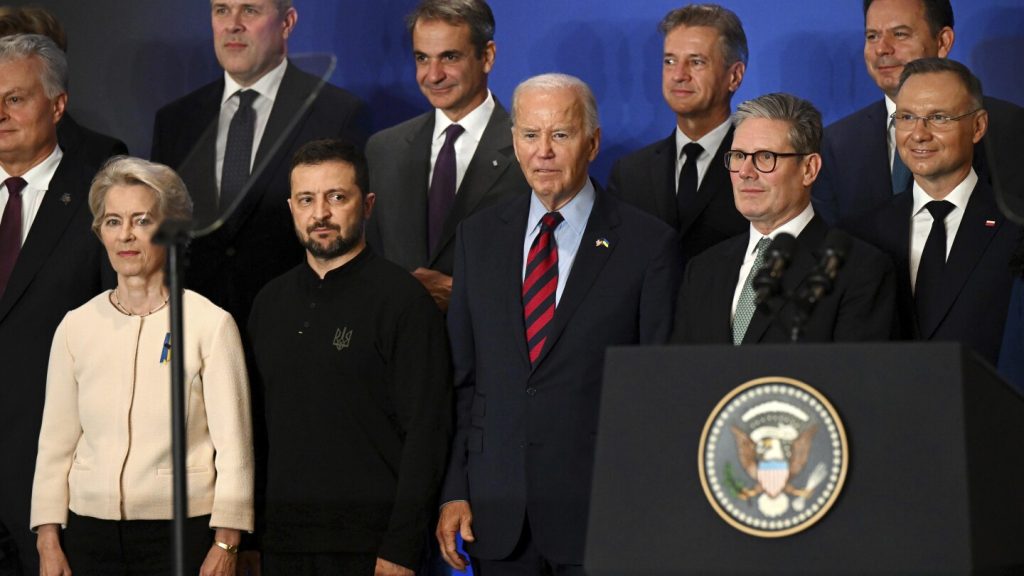European allies of the United States are preparing for a future with less American interest, regardless of the outcome of the presidential election. There are concerns over whether the U.S. would continue its support for Ukraine under a second Trump administration, as well as worries about Trump’s imposition of tariffs on European partners. U.S. priorities are shifting towards the Middle East and, in the long term, towards China, leaving Europe feeling less central to American foreign policy.
German officials believe that Europe must step up and become a more capable partner in managing its own security, as the U.S. focuses more on the Indo-Pacific region. The potential for disruption is greater under a potential Trump administration, whereas there is an assumption of continuity under a Vice President Kamala Harris administration. Despite increasing focus on competition with Asia, the ongoing war in Europe highlights the importance of the U.S.’s role in European security.
Europe has been urged to increase its defense spending, with NATO members making progress towards meeting the target of spending 2% of GDP on defense. The Trump administration criticized NATO members for lagging defense spending, with Trump threatening to abandon countries that were not meeting their obligations. Trump’s approach has raised concerns among countries like Estonia, Latvia, Lithuania, and Poland, which are closest to an unpredictable Russia.
The war in Ukraine is seen as an existential challenge in Europe, with the U.S. potentially losing interest in supporting Ukraine under a second Trump administration. European countries fear that they would not be able to fill the military gap left if the U.S. were to withdraw support. There is a growing debate on both sides of the Atlantic about the end-game in the war in Ukraine, regardless of the administration in the White House. Biden has emphasized the need to sustain support for Ukraine until a just and durable peace is achieved.
German President Frank-Walter Steinmeier has emphasized the importance of U.S.-European relations, noting the indispensability of America for Europe and vice versa. The coming years could be challenging for Europe, with the prospect of a divided government in Washington leading to chaos and dysfunction. Regardless of the outcome of the election, the U.S. and its European allies will need to navigate a potentially turbulent period ahead.
Regardless of who wins the election, the U.S. and Europe will need to work together to address the changing global landscape. The Biden administration has highlighted the importance of democracy and alliances, emphasizing the need for continued support for Ukraine. European allies are preparing for a future where they may need to take on more responsibility for their security and defense, as the U.S. shifts its focus towards other regions.


